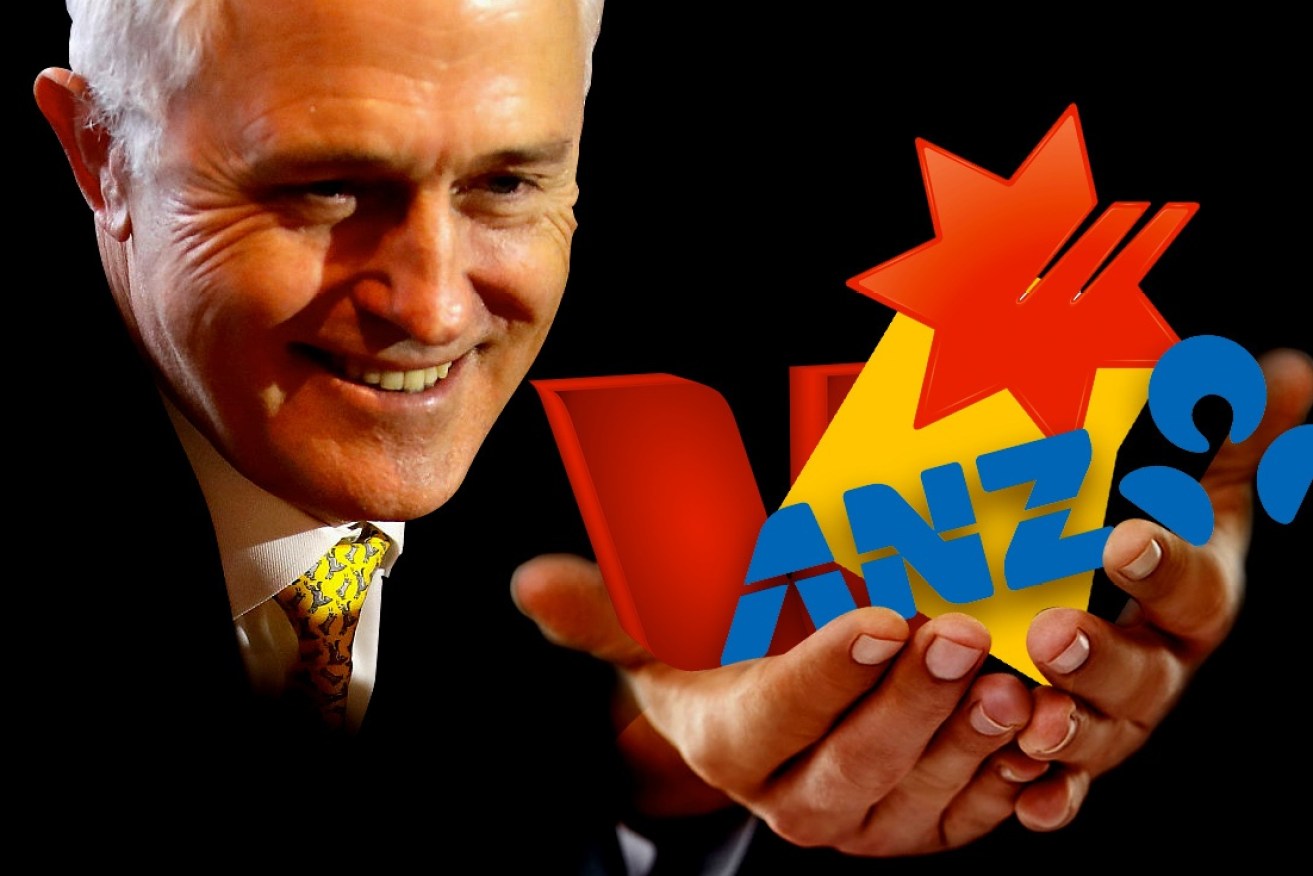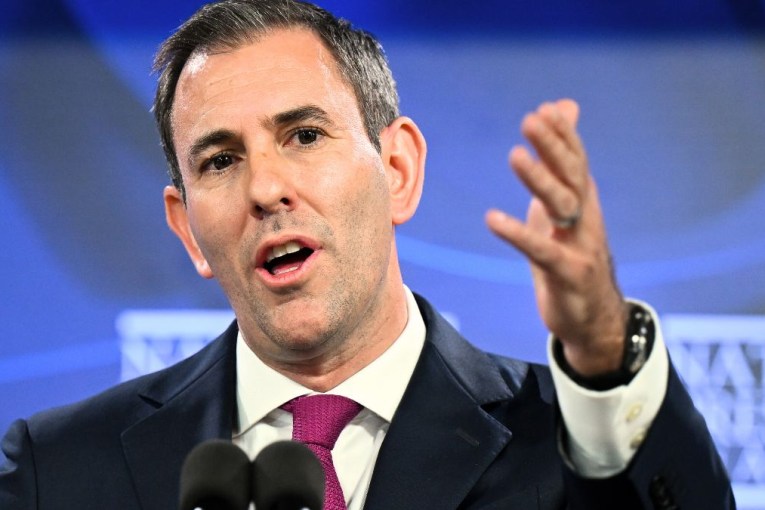Government under fire for bank inquiry ‘stitch-up’

The PM's plan will not place banks under scrutiny, experts say.
The government’s alternative to a banking royal commission is a miserly three hours of soft questioning once a year, according to an independent expert.
The Standing Committee on Economics announced on Thursday it will require each of the big four bank bosses to face three hours each of testimony.
This is the Coalition’s answer to the judicial inquiry promised by Labor during the election.
CBA chief Ian Narev will front the committee on October 4, followed by ANZ on October 5, and NAB and Westpac on October 6.
These will be the first of annual public hearings, according to the government.
Three of the inquiry’s four terms of reference are unrelated to consumer concerns about recent bank scandals. And six of its 10 members are Liberal-Nationals.
This prompted Dr Andy Schmulow, a finance sector regulation expert at the University of Western Australia, to deride the inquiry as being as much an alternative to a royal commission “as a paper aeroplane is an alternative to a Boeing 747”.
The inquiry will fail to address the “plight of consumers” because three-quarters of the terms of reference will be an opportunity for banks “to complain about how hard they have it”, leaving Labor and the Greens little time to ask “hardball questions”, Dr Schmulow told The New Daily.
“If they [Labor and the Greens] constitute 40 per cent of the committee, then you can probably say as a rule of thumb that 40 per cent of one quarter of the questions will be hardball questions about the plight of consumers. And all of this to be done in three hours.”
Dr Schmulow feared the inquiry would instead become an “open forum lobbying exercise” for the banks to “whinge” about excessive prudential regulation, global economic headwinds and the cost of raising funds.

‘It’s like comparing a paper aeroplane to a Boeing 747″. Photo: Getty
The Finance Sector Union, which represents hundreds of bank workers, also had concerns about the terms of reference.
“At first blush, it seems to have missed totally the cultural drivers that led to crisis after crisis in the industry,” FSU acting national secretary Geoff Derrick told The New Daily.
“It doesn’t sound like the right terms of reference for this committee, and I’ve got my doubts but good luck to them.”
Mr Derrick agreed the inquiry is a poor alternative to a royal commission: “We believe a judicial inquiry with the right terms of reference will provide the answers that will lead to necessary legislative reform, but if it’s a political inquiry with the wrong terms of reference, then I don’t hold out much hope”.
The New Daily contacted the chairman of the Standing Committee on Economics, Liberal MP David Coleman, for comment. His office did not reply in time for publication.
Shadow Financial Services Minister Katy Gallagher said the inquiry was a “sham process” and had been a “stitch-up from the beginning”.
“The scandals, rip-offs, fraud and poor advice that has left thousands of banking victims across Australia will not be examined and the victims themselves won’t have a voice at these hearings,” Senator Gallagher told The New Daily.
“This whole sham process is all about protecting the big banks and for the government to look like it is doing something when it’s actually doing nothing at all.”
The inquiry will investigate:

The Treasurer issued the terms of reference. Photo: Getty
(1) Domestic and international financial market developments as they relate to the Australian banking sector and how these are affecting Australia;
(2) Developments in prudential regulation, including capital requirements, and how these are affecting the policies of Australian banks;
(3) The costs of funds, impacts on margins and the basis for bank pricing decisions; and
(4) How individual banks and the banking industry as a whole are responding to issues previously raised in parliamentary and other inquiries, including through the Australian Bankers’ Association’s April 2016 six-point plan to enhance consumer protections and in response to government reforms and actions by regulators.








